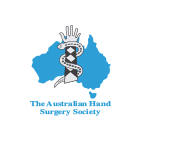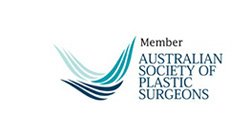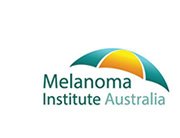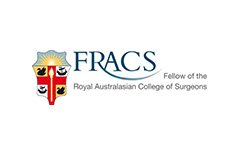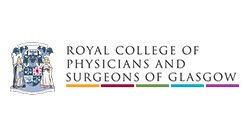Facial Trauma
Any injury to the face and upper jaw bone may be referred to as facial trauma. Facial trauma occurs as a result of blunt or penetrating injuries to any part of the face, including the upper and lower jaws, cheeks, nose, and forehead areas. Facial injuries can cause fractures to any of the facial bones and damage the skin and soft tissues leading to disfigurement and long-term psychological problems. Some of the common causes of facial trauma include assault, motor vehicle accidents, and sports injuries.
Symptoms
Symptoms may include changes in sensation over the face, deformed or uneven facial features, bleeding and swelling, difficulty breathing through the nose, double vision, missing teeth, and vision problems. Further complications can develop, such as infection, numbness or weakness, brain and nervous system problems and loss of vision.
Your doctor will perform a physical examination to assess the extent of your injuries. Your doctor may order an X-ray and/or a CT scan to document any fractures.
Diagnosis
Your doctor will perform a physical examination to assess the extent of your injuries. Your doctor may order an X-ray and/or a CT scan to document any fractures.
Treatment
Treatment depends on the type of injury or fracture. You may be recommended surgical treatment if your normal function is impaired or if you have significant facial deformity. The goal of the treatment is to control bleeding, open the airway, treat the fracture and broken bone segments with plates and screws, rule out any other injuries, and to leave behind the fewest scars possible.
Prevention
You may be able to prevent facial trauma by following the following recommendations:
- Always wear a seatbelt while traveling in a car
- Use a full-face helmet while riding on a motorcycle
- Use appropriate protective gear while at work or playing sports
- Avoid violent confrontations with others
Maxillofacial surgeons are uniquely qualified and trained to treat facial trauma. They are experts in emergency care, acute treatment, and long term reconstruction and rehabilitation. Contact your doctor immediately if you have severe injury to your face.

